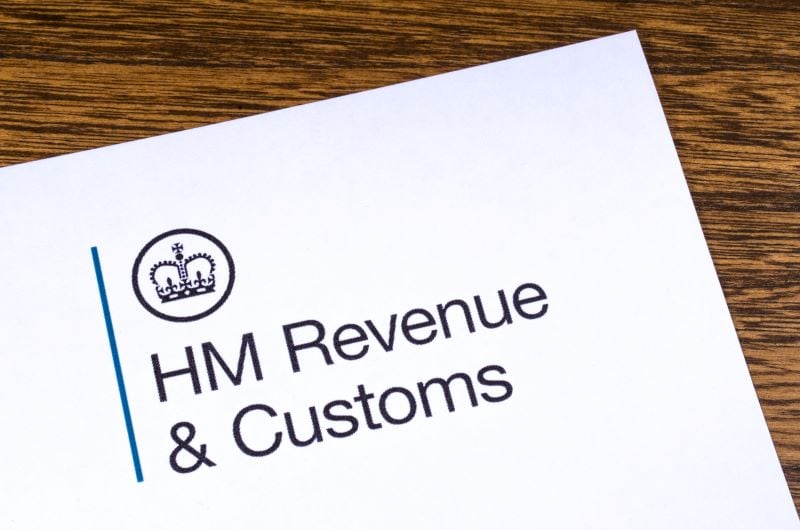HMRC umbrella company ‘checking tool’ looms for workers
Umbrella company consultation response and guidance due from HMRC, as more details come out on Tax Administration and...
READ MORE
In its response to HMRC’s consultation on Raising standards in the tax advice market: professional indemnity insurance and defining tax advice, the IFA remains unconvinced of the benefits of imposing PII obligations on those tax advisers who are not members of a professional body and therefore already subject to professional indemnity (PI) requirements. There has been no evidence given in the consultation that providing a form of recourse to consumers (while useful to them) raises the standards of the tax adviser. Indeed, it might be assumed by some that PI cover could give rise to complacency. PI cover is beneficial only in the context of other regulatory arrangements.

The consultation states that ‘PII can help to create better market incentives for poor performing advisers to improve standards’. According to HMRC, the benefits of compulsory PI insurance include:
The IFA are not clear how most of these conclusions have been reached.
The foreword to the consultation notes that ‘there is a minority of incompetent, unprofessional and malicious advisers whose activities harm their clients’. But we assert that the wider public is also harmed, because the activities of that minority undermine public trust in the accountancy profession as a whole. The requirement of PII among those incompetent, unprofessional and malicious advisers will do nothing to maintain or restore the trust of those who have suffered at their hands. Nor will it protect consumers from ongoing poor practice and bad advice – it merely offers a potential recourse for compensation from the PI insurance providers.
When considering proportionality, it is worth noting the data in paragraph 21 of the consultation document. Around 30 per cent of the tax advice market are unaffiliated agents (tax agents not part of a professional body), and it is thought that half of these may already hold PI insurance. This reinforces the likelihood that the current proposals will be seen as ‘tinkering around the edges’. It is difficult to imagine how the requirement for a minority of tax advisers to hold PI insurance in isolation might raise technical and ethical standards, or to see much benefit to a client whose tax adviser is not regulated by a professional body. A proportionate response can only be achieved by looking at the bigger picture – the regulation of accountants and the informed choice of consumers.
Among the other proposals for raising standards in the tax advice market is that of raising awareness of the HMRC Standard for Agents (although it is also suggested that some tax agents may not fall within the definition of a ‘tax adviser’ and vice versa). However, this presupposes that the HMRC Standard is effective and that there is a means of enforcing it. A review of the HMRC Standard would have to take place alongside the review of HMRC’s powers. But we believe that this process would result in a significant amount of duplication (i.e. regulatory overlap) between HMRC’s role and that of the professional bodies. In addition to the disproportionate costs that would arise, this would surely create a framework that is more complicated and opaque than it needs to be.
It is also suggested that HMRC must do more to understand the role of the professional bodies in raising, and maintaining, standards. We understand there is no fixed timeline for this work, although it is clear to us that such an understanding must be gained before HMRC’s project to raise standards in the tax advice market can credibly progress. An effective review of the work of the professional bodies will also identify areas in which reliance on, and understanding of, their existing regulatory frameworks could support other high priority policy areas, such as fighting economic crime.
If attempted in isolation seeking to raise standards among tax practitioners will be a demanding task, and will not meet the objective of protecting the public without excessive cost and complexity. The protection that comes from greater clarity for all consumers of accountancy services, and the ability of consumers to make an informed choice, is long overdue.
In the interests of effective, proportionate and targeted regulation, we remain of the belief that the professional bodies are best placed to regulate accountants (including tax advisers), and so maintain the high technical and ethical standards of their members. The public interest is served by making clear to consumers of tax advice whether (and how) their adviser is regulated.
Anne Davis, director of professional standards, IFA